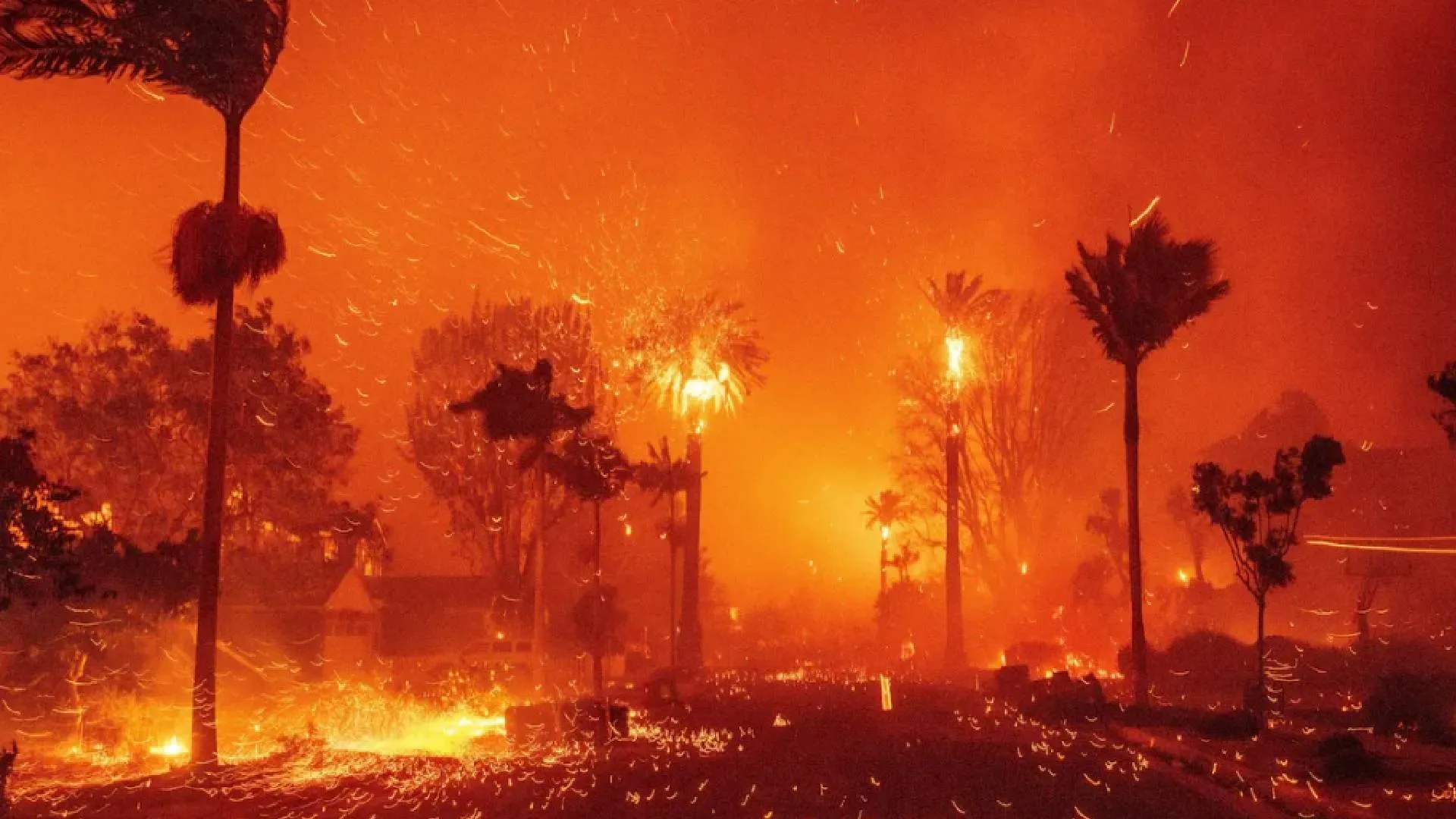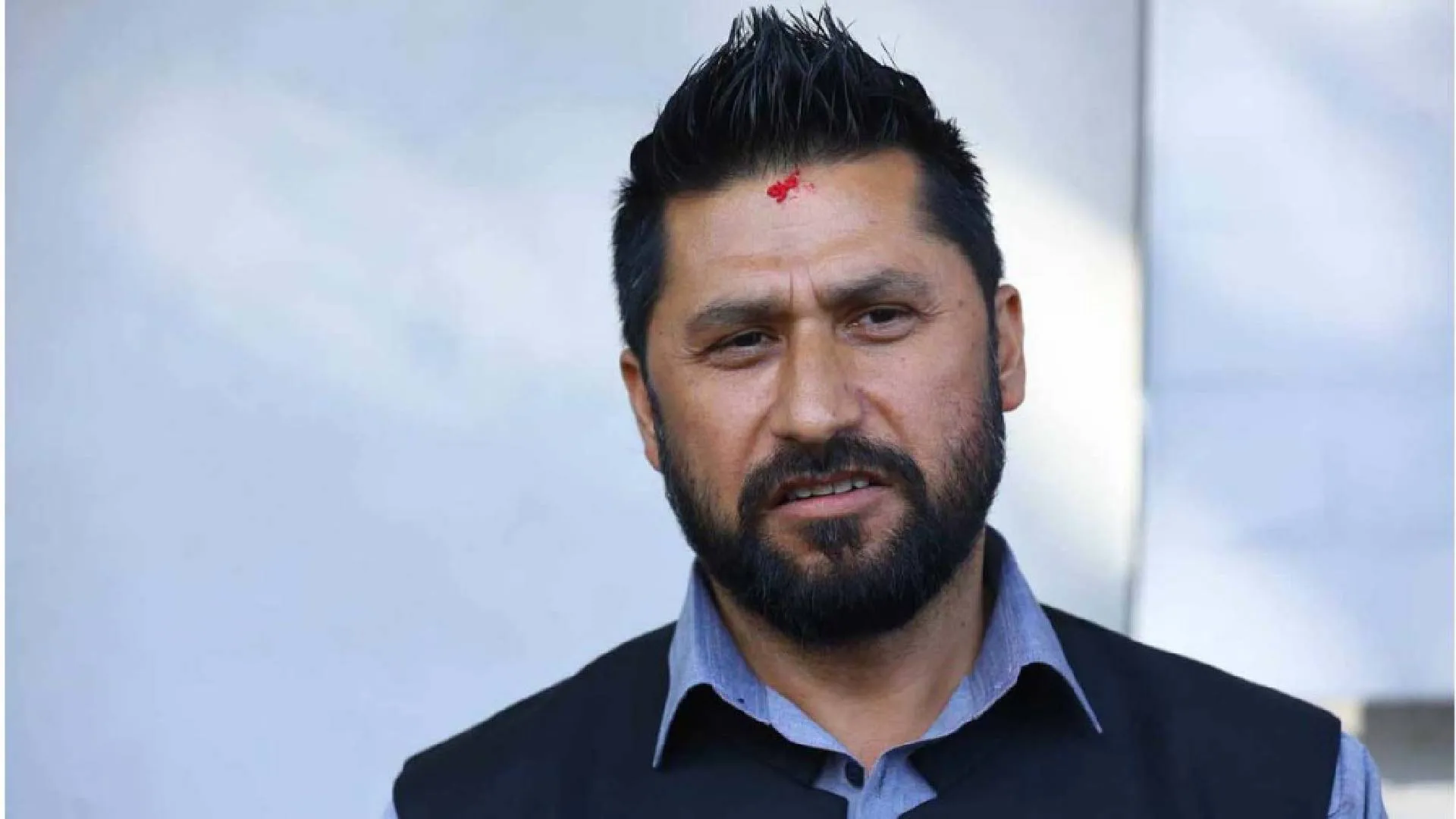The Haryana government is outlining pilot projects on a cluster mode for the progress of agriculture and farmers. These projects aim to boost crop diversification, micro-irrigation schemes, livestock improvement, and other agriculture-allied activities. Additionally, the Haryana Kisan Kalyan Pradhikaran will formulate new schemes to promote organic farming, natural farming, and cooperative farming. A decision in this regard was taken by Chief Minister, Manohar Lal while chairing the third meeting of the General Body of Haryana Kisan Kalyan Pradhikaran held here on Wednesday .
Energy Minister, Ranjit Singh, Agriculture and Farmers’ Welfare Minister, J.P. Dalal, Cooperation Minister, Dr Banwari Lal, Development and Panchayat Minister, Devender Singh Babli, and Chairman, Haryana Bureau of Public Enterprises and Chairman, Executive Committee, Haryana Kisan Kalyan Pradhikaran.l, Subhash Barala also attended the meeting.
Manohar Lal, while giving directions to the officers concerned, emphasized the need to adopt new agricultural systems alongside traditional farming practices to increase income and progress for small and marginal farmers, considering the decreasing size of arable land.
He directed the members of Haryana Kisan Kalyan Pradhikaran to prepare pilot projects in collaboration with relevant departments, inspiring farmers along the lines of Israel’s cooperative farming technique.
The Chief Minister said that the state government is encouraging initiatives like the “Mera Pani Meri Virasat” scheme and Direct Seeded Rice (DSR) technology to promote crop diversification and water conservation. He suggested creating demonstration farms for integrated farming and ensuring that farmers receive detailed information through visits to such farms.
He highlighted the continuous decline in groundwater levels, emphasising the need for establishing micro-irrigation projects in these areas. In areas where the groundwater level is 30 meters, solar energy-based agricultural borewells should be installed, and the state government is ready to provide new subsidies for the same. The government is also prepared to bear the expenses for water and electricity, said the Chief Minister.
The Chief Minister said that reservoirs should be constructed for the conservation of rainwater in the Shivalik and Aravalli mountain ranges so that water coming from the mountains can be collected and later used for irrigation and other needs. He directed officers of the Irrigation and Water Resources Department to prepare a pilot project for this.Manohar Lal stated that checking the quality of soil is essential along with soil health. The excessive use of fertilizers and pesticides today is causing several serious health diseases. Therefore, we need to move towards producing chemical-free grains. The solution to this is natural farming, said the Chief Minister.Manohar Lal directed that the forest department officers also prepare Standard Operating Procedures (SOPs) for Van Mitras.
Chief Secretary, Sanjeev Kaushal, Additional Chief Secretary and Financial Commissioner, Revenue and Disaster Management Department, TVSN Prasad, Additional Chief Secretary, Agriculture and Farmers Welfare Department, Sudhir Rajpal, Additional Chief Secretary, Animal Husbandry and Dairy Department, Ankur Gupta, Additional Chief Secretary, Industries and Commerce Department, Anand Mohan Sharan, Additional Chief Secretary, Cooperation Department, Raja Sekhar Vundru, Additional Chief Secretary, Environment, Forest and Wildlife Department, Vineet Garg, Additional Chief Secretary, Development and Panchayat Department, Anil Malik, Additional Principal Secretary to Chief Minister, Ashima Brar and members of the working group also remained present on this occasion.
The state government is encouraging initiatives like the “Mera Pani Meri Virasat” scheme and Direct Seeded Rice (DSR) technology to promote crop diversification and water conservation






















